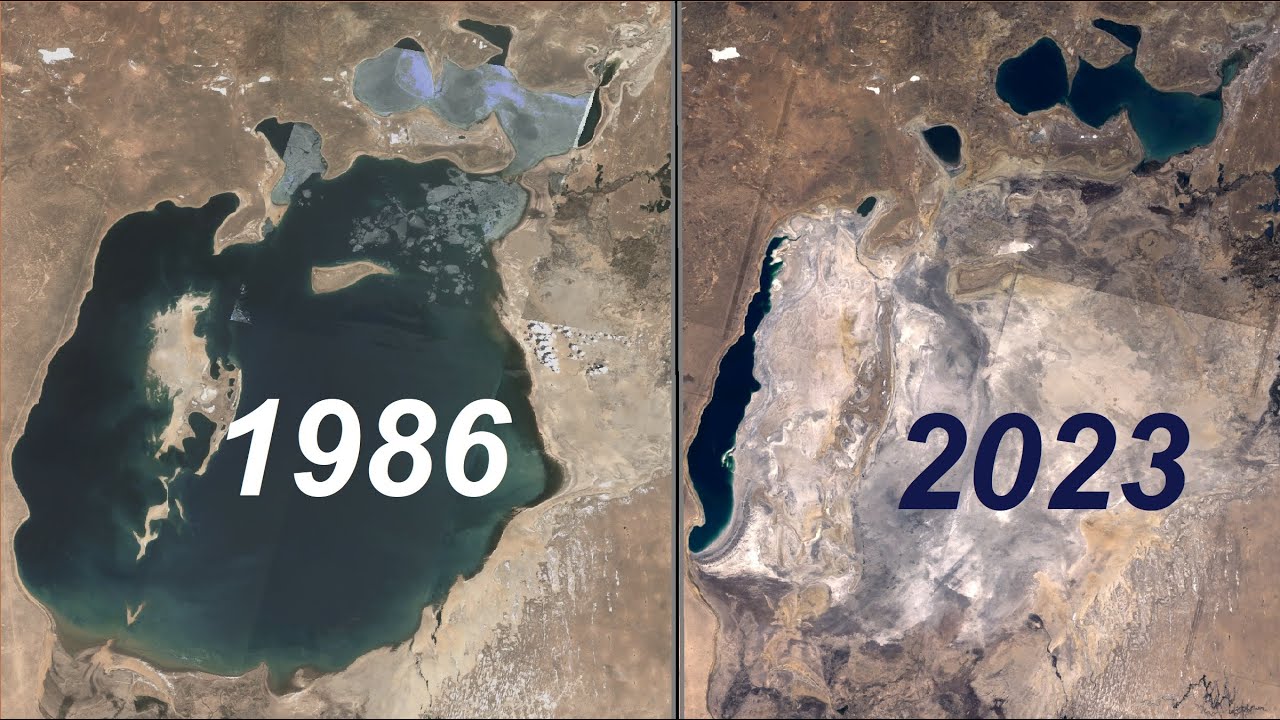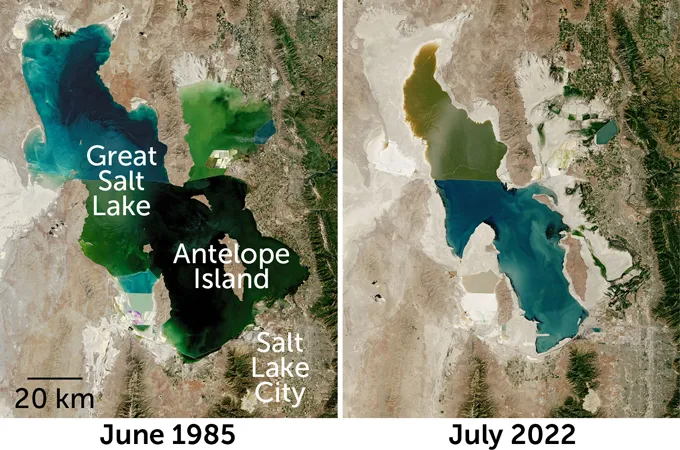It’s already been 10 years since Pink Floyd’s last original song, “Louder Than Words,” was released as both the sole single and concluding track to their final studio album The Endless River. The album entire was recorded by guitarist David Gilmour and drummer Nick Mason around demos that keyboardist Richard Wright left behind when he passed away in 2008.[1]In this, it was a predecessor to the Beatles’ “Now and Then.” It was the band’s first (and last) new studio album in 20 years, and only their third since bassist and lyricist Roger Waters left the group in 1982.
That is, the album was based on the works of a ghost, collaborating with men who will soon become ghosts themselves—who have indeed already been ghosts on Classic Rock radio for over forty years now.[2]Call it another species of Old Man Rock.
Ironically, “Louder Than Words” is the only track on the album with words, which is otherwise entirely instrumentals. The lyrics are sung by Gilmour, but were written by his wife, author Polly Samson. In an interview, she said the lyrics were inspired by something she observed during a band rehearsal in 2005, when Roger Waters briefly reunited with Pink Floyd for a benefit concert: “…what struck me was, they never spoke. They don’t do small talk, they don’t do big talk. It’s not hostile, they just don’t speak. And then they step onto a stage and musically that communication is extraordinary.”[3]Citation found here The lyrics to “Louder Than Words,” then, are about how, despite all of the bad blood that has persisted between the band members since Waters left in 1982–“We bitch and we fight/Diss each other on sight”—they nevertheless share an unspoken bond on stage that transcends any words they might speak to each other.
Yet one does not need to be a member of Pink Floyd to understand that feeling that is louder than words, that is “More than alive.” We sometimes call it the still, small voice, “which whispereth through and pierceth all things, and often times it maketh my bones to quake while it maketh manifest.”[4]D&C 85:6 As every missionary knows, the sole thing that converts us, our one sure sign of the divine, is also an unspoken feeling that is “louder than words.”
It is a sentiment that feels especially important in our increasingly polarizing and self-destructive times. Case in point: The music video is shot in Central Asia around the former-Aral Sea—once the fourth-largest lake on earth, till Soviet-era irrigation projects shrunk it to a sliver of its former size—and that sense of absolute ecological catastrophe has felt symbolic for how we’re all doing nowadays.

Now in fairness, Kazakhstan has made numerous good faith attempts over the years to revive the Aral Sea, with some small yet promising results, including a slight revival of the local fishing industry[5]Remembering that at its height, the Aral Sea once produced one-sixth of all the fish consumed in the USSR.; but they’ve been stymied by neighboring Uzbekistan to the south, which has largely abandoned the lake to its fate due to lack of political will, and unwillingness to cut down on irrigation to their local cotton fields (a water-intensive cash-crop). Toxic dust clouds now sweep over the dying towns where the fishing boats were once anchored.

But then, this story should sound familiar in Utah, where the idea of actively preserving the Great Salt Lake[6]Like the Aral Sea, the Great Salt Lake is also an endorheic lake—that is, a salinized body of water made up of snow-melt with no outlet. that its only city is named for remains actively controversial, with too many acting as though all were well in Zion after only two good winters of snow-pack despite over two decades of droughts. Millions of public money have indeed been thrown at the project of saving the Lake; but I also can’t help but note that the Governor’s family farm, for example, has not transitioned away from alfalfa (another water-intensive cash-crop), which doesn’t exactly set the precedent for anyone else to sacrifice for the greater good. Although the Great Salt Lake did thankfully recover a couple feet in 2023, it is still down the 11-odd feet it would need to avoid total evaporation in the near-future[7]This per a report by BYU ecology professors, mind you.; the toxic dust clouds that have swept across the dried-out Aral Sea bed in the former Soviet Union are now a very real possibility in the American Intermountain West. Yet still so many of us steadfastly refuse to learn from other’s mistakes, let alone our own.
One day the earth shall appear as the garden of Eden, goes one of our most beloved hymns; and perhaps the Lord God Almighty really will just hit the ecological reset button in the Millennial day; but I highly suspect we will still not escape accountability for our piss-poor stewardship of the planet (for if we cannot be entrusted with earthly riches, who will entrust to us the true riches?).
But I shouldn’t be picking on just Utah, either, because this split between Kazakhstan and Uzbekistan, between greater-good idealism and cynical self-interest, feels metaphoric for the split between everyone world wide—including the surviving members of Pink Floyd, and not just on the issue of environmental catastrophe.
Just recently, Roger Waters has been accused of anti-Semitic comments dating back to at least the 1970s, and more recently has engaged in pro-Putin apologetics[8]This, despite being the man who wrote The Wall, Pink Floyd’s best-selling album about a brooding entertainer who becomes a fascist. Of all the people you’d think would know better!. By contrast, Gilmour and Mason teamed up with singer Andriy Khlyvnyuk in 2022 to record a Ukrainian folk song in protest of the Russian invasion. None of this has healed the longstanding rift between Gilmour and Waters, to say the least. Or amongst the rest of us, either. The split in Pink Floyd has felt metonymic of the split between us all.
In times like ours, when “because iniquity shall abound, the love of many shall wax cold,”[9]Matthew 24:12 what can be done? Now more than ever, when words have so little power to change one another’s minds (if they ever did to begin with), we need that something louder than words, that still, small voice “which whispereth through and pierceth all things, and often times it maketh my bones to quake while it maketh manifest,” and reconciles us back to each other (the literal meaning of At-One-ment) when all other bonds have broken apart (“for all things must fail”). As the Lord whispered to Moroni, “If they have not charity it mattereth not unto thee, thou hast been faithful; wherefore, thy garments shall be made clean.[10]Ether 12:37” If preventing the human race from drying out of love sometimes feels even more impossible than preventing the largest lakes on earth from drying out of water, we can at least prevent love from drying out of our own hearts. Like Kazakhstan and the Aral Sea, we have to at least try.
The valid counter-objection here is that problems of this scale are simply impossible to solve on an individual level without collective action (just look at Uzbekistan). Yet even on just an individual level, we can’t do it alone; it still requires something louder than words, to help us “with surety hope for a better world, yea, even a place at the right hand of God, which hope cometh of faith, maketh an anchor to the souls of men, which would make them sure and steadfast, always abounding in good works, being led to glorify God[11]Ether 12:4”, when all our other hope evaporates. It is this divine hope which impels us to action to make the world a better place to live in. Perhaps this hope, which comes of the still, small voice, is the only way we can endure, and is what the Savior meant when he said, “But he that shall endure unto the end, the same shall be saved.”[12]Matthew 24:13
References[+]
| ↑1 | In this, it was a predecessor to the Beatles’ “Now and Then.” |
|---|---|
| ↑2 | Call it another species of Old Man Rock. |
| ↑3 | Citation found here |
| ↑4 | D&C 85:6 |
| ↑5 | Remembering that at its height, the Aral Sea once produced one-sixth of all the fish consumed in the USSR. |
| ↑6 | Like the Aral Sea, the Great Salt Lake is also an endorheic lake—that is, a salinized body of water made up of snow-melt with no outlet. |
| ↑7 | This per a report by BYU ecology professors, mind you. |
| ↑8 | This, despite being the man who wrote The Wall, Pink Floyd’s best-selling album about a brooding entertainer who becomes a fascist. Of all the people you’d think would know better! |
| ↑9 | Matthew 24:12 |
| ↑10 | Ether 12:37 |
| ↑11 | Ether 12:4 |
| ↑12 | Matthew 24:13 |
